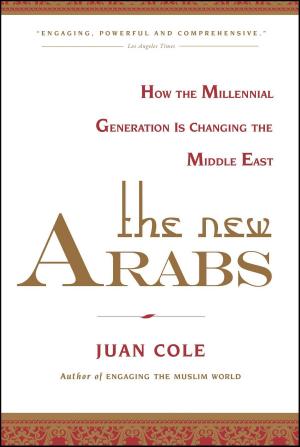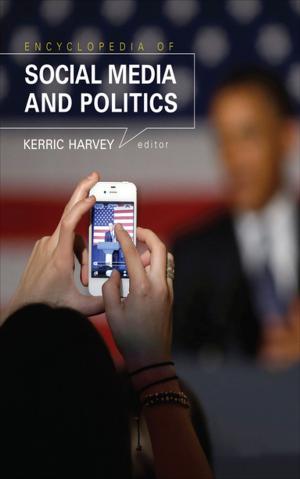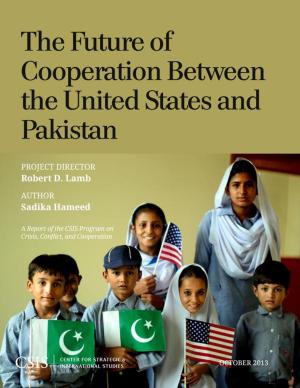There Were No Cats in America
Nonfiction, Social & Cultural Studies, Social Science, Cultural Studies, Emigration & Immigration, History, Americas, United States, 19th Century, Political Science| Author: | Adam DeSimone | ISBN: | 9780692932216 |
| Publisher: | Adam DeSimone | Publication: | September 1, 2017 |
| Imprint: | Language: | English |
| Author: | Adam DeSimone |
| ISBN: | 9780692932216 |
| Publisher: | Adam DeSimone |
| Publication: | September 1, 2017 |
| Imprint: | |
| Language: | English |
Using the 1986 animated film "An American Tail" as a framing device, this work explores the immigrant experience of émigrés who lived in the United States during the Gilded Age. While the film itself celebrates the arrival of the furry, lovable, Mousekewitz family to the U.S., this essay comments on the evolution of U.S. immigration policy from the late 19th to early 21st centuries, with special attention paid to the National Origins Act, the Chinese Exclusion Act, and to President Trump's 2017 "Muslim bans." Major push and pull factors associated with immigration are examined as well; a comparison between the socioeconomic conditions of the Gilded Age and modern era follow.
In this essay, the author argues that the Trump administration's views on immigration are similar to those of the 19th century's exclusionary Nativists and their supporters. The author shows that all of this essay's highlighted immigration policies are steeped in xenophobia, are intentionally designed not to solve the problems lawmakers claim they address, and are antithetical to the values that the U.S.—a nation of immigrants—claims as a deep part of its identity.
In "An American Tail," the film's main heel, Warren T. Rat, tries to convince the marginalized mice-inhabitants of his world that one of his lies is truthful. Even as his story conspicuously unwinds around him, he reasserts himself by asking, "Who are you going to believe? Me, or your own eyes?" After reading this essay, the author hopes you will be able to trust your own eyes. You will be equipped with enough historic knowledge and context to think critically about President Trump's rhetoric on immigration and refugees, decide if this is something you wish to resist, and do so while still trusting in the basic goodness of the American people.
Using the 1986 animated film "An American Tail" as a framing device, this work explores the immigrant experience of émigrés who lived in the United States during the Gilded Age. While the film itself celebrates the arrival of the furry, lovable, Mousekewitz family to the U.S., this essay comments on the evolution of U.S. immigration policy from the late 19th to early 21st centuries, with special attention paid to the National Origins Act, the Chinese Exclusion Act, and to President Trump's 2017 "Muslim bans." Major push and pull factors associated with immigration are examined as well; a comparison between the socioeconomic conditions of the Gilded Age and modern era follow.
In this essay, the author argues that the Trump administration's views on immigration are similar to those of the 19th century's exclusionary Nativists and their supporters. The author shows that all of this essay's highlighted immigration policies are steeped in xenophobia, are intentionally designed not to solve the problems lawmakers claim they address, and are antithetical to the values that the U.S.—a nation of immigrants—claims as a deep part of its identity.
In "An American Tail," the film's main heel, Warren T. Rat, tries to convince the marginalized mice-inhabitants of his world that one of his lies is truthful. Even as his story conspicuously unwinds around him, he reasserts himself by asking, "Who are you going to believe? Me, or your own eyes?" After reading this essay, the author hopes you will be able to trust your own eyes. You will be equipped with enough historic knowledge and context to think critically about President Trump's rhetoric on immigration and refugees, decide if this is something you wish to resist, and do so while still trusting in the basic goodness of the American people.















